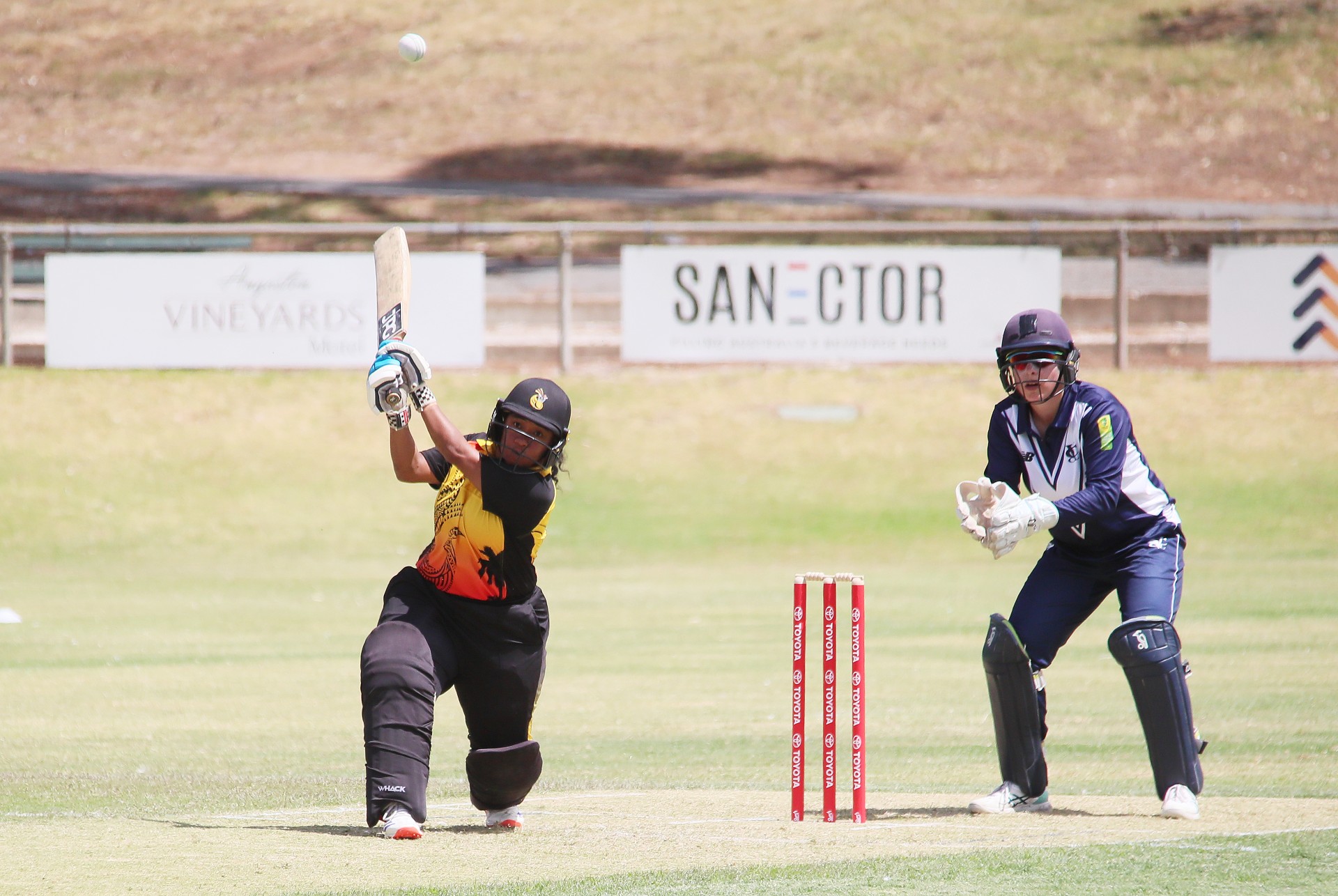Monkeypox will now be known as mpox, the World Health Organization (WHO) has announced, after complaints over racist and stigmatising language linked to the virus's name.
The old term will be used alongside the new one for a year, before being phased out.
Mpox was decided on after lengthy discussions between experts, countries and the general public.
It can easily be used in English as well as other languages, the WHO said.
It stresses the need to minimise unnecessary negative impact on trade, travel, tourism or animal welfare, and to avoid causing offence to any cultural, social, national or ethnic groups.
During the Covid pandemic, it recommended that variants were referred to using letters of the Greek alphabet because they were "non-stigmatising" and easy to pronounce.
This year, there has been unusual spread of mpox virus - a member of the same family of viruses as smallpox - in many countries outside central and west Africa, where it is often found.
In July, the WHO declared a global health emergency because of the worldwide surge in people developing symptoms, including a high fever and skin lesions or rash.
Cases of the disease have been declining for several months now, but more than 100 different countries have been affected in 2022 - prompting huge demand for vaccine supplies to protect those most at risk.
The US, Brazil, Spain, France and the UK have reported the highest total number of mpox cases this year. Globally, there have been 50 deaths from the virus.
Most people affected were men who have sex with men.




